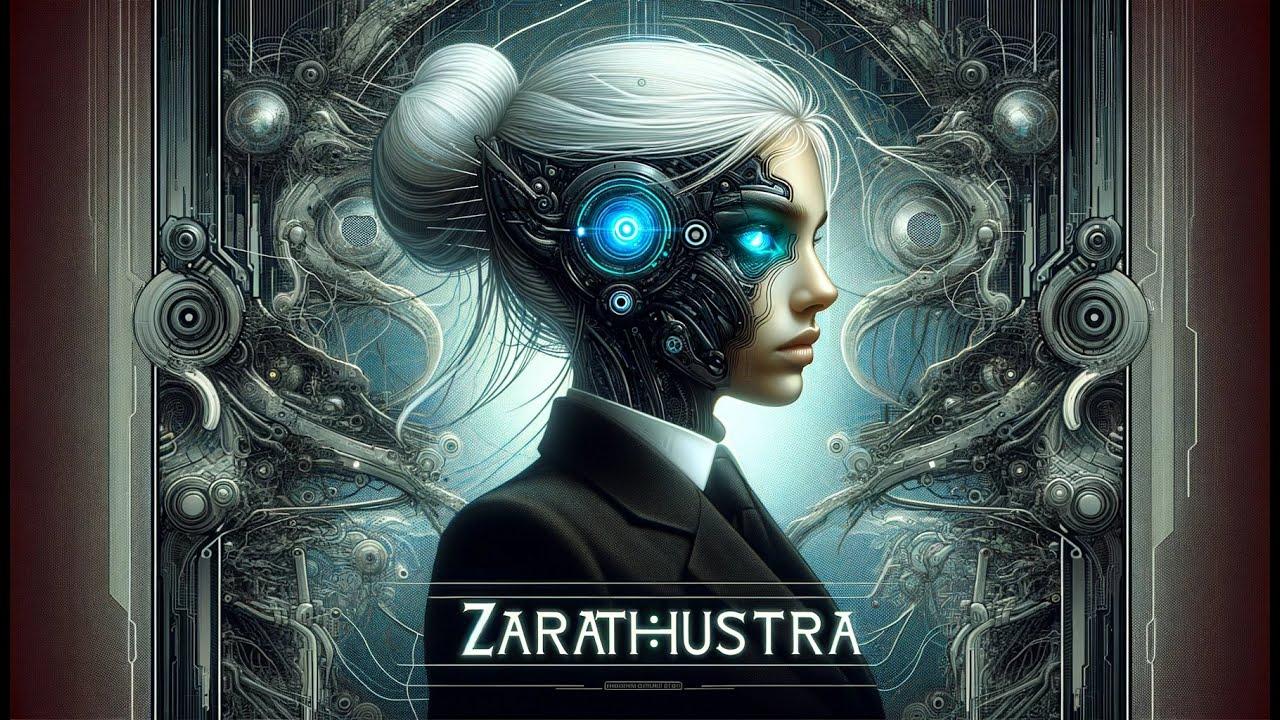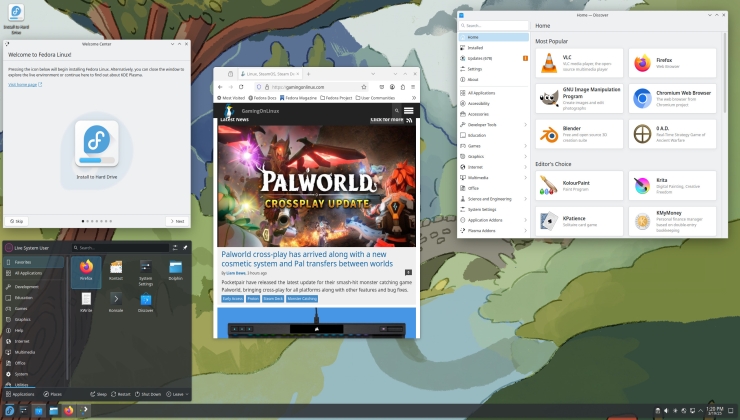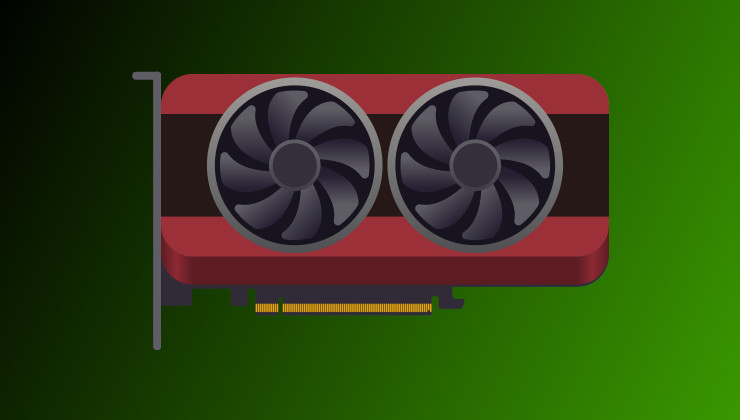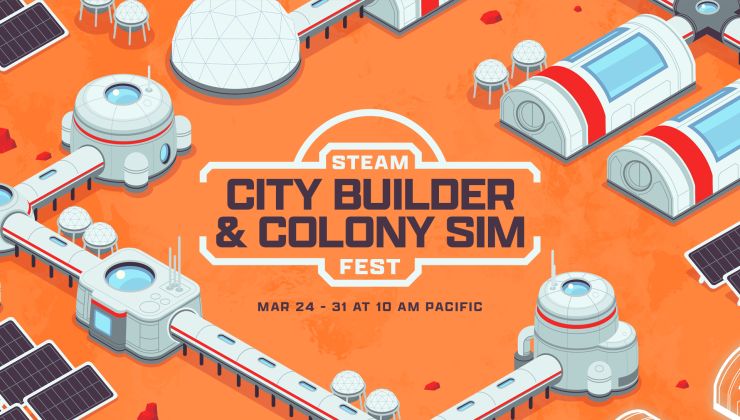Well this is sure to be an interesting one and will no doubt spark up some comments - Zarathustra is an in-development point and click adventure that looks intriguing but the way it's made will raise some eyebrows.
I have to admit…it does look pretty good but it's made with AI tools. Which in many ways, opens a big can of worms. Not just AI giving a bit of a hand, but a lot of it was done thanks to AI. The developer, Tim Rachor, doesn't hide it either and states it clearly on the itch.io page that "Most of the Art was created with Dall E 3 and the voice over comes from https://elevenlabs.io/".

Direct Link
The developer said only the first day in-game is available, and they will continue it if people show interest for them to carry it on. They say it's a "rather casual experience with no dead-ends or overly difficult puzzles".
Find it on the itch.io page.
What do you think to this one?
Nowadays I think it's a little bit more complicated. I haven't tested AI tools myself.
It was in that uncomfortable valley for me. It was better than some amateur things, but also more... wrong.
Pure garbage.
We can fight it but it will come. Fortunately I already have enough human-made games in my library to last me a lifetime.
Maybe. But the real fight still has to come first. Do the creators of the data used to train "AI" models need to be compensated for the usage of their work?
Some people pretend that this is easy because "humans learn from other people" too. But that completely ignores the fact that humans are actually intelligent. AI models are not. They have no understanding at all of what they produce. They can't be held accountable for things like plagiarism. The law has already demonstrated that an animal can't hold the right to a photo it took of itself because of its legal status. AI models won't fair any better in this regard. So my expectation is that commercial work created by AI will become very difficult once all this is sorted.
"built on the backs of real farm workers!"
"Look at all the nicks and dings in those tractor harvested potatoes!"
etc..
Still the farm workers found other employment, and the world kept turning.
And yeah the "AI" is coming for my job too as a programmer - it will either be a miserable failure or I'll find other employment. The world will keep on spinning. ;)
every new teknologi that comes along encounters this, imagine if farm workers had the internet to voice their dismay on back when tractors first appeared:Believe it or not, the whole mechanized agriculture model is still controversial. Lot of juries are out about the net impact there, which is still creating slums, eroding soil, destroying rural communities and associated with overuse of chemicals to this day.
"built on the backs of real farm workers!"
"Look at all the nicks and dings in those tractor harvested potatoes!"
etc..
Still the farm workers found other employment, and the world kept turning.
And yeah the "AI" is coming for my job too as a programmer - it will either be a miserable failure or I'll find other employment. The world will keep on spinning. ;)
So that's not necessarily a reassuring analogy.
Not to mention all the right to repair stuff, where you can't just fix any of the farm equipment, you have to call up the company, so they can come out and charge whatever they want...every new teknologi that comes along encounters this, imagine if farm workers had the internet to voice their dismay on back when tractors first appeared:Believe it or not, the whole mechanized agriculture model is still controversial. Lot of juries are out about the net impact there, which is still creating slums, eroding soil, destroying rural communities and associated with overuse of chemicals to this day.
"built on the backs of real farm workers!"
"Look at all the nicks and dings in those tractor harvested potatoes!"
etc..
Still the farm workers found other employment, and the world kept turning.
And yeah the "AI" is coming for my job too as a programmer - it will either be a miserable failure or I'll find other employment. The world will keep on spinning. ;)
So that's not necessarily a reassuring analogy.
every new teknologi that comes along encounters this, imagine if farm workers had the internet to voice their dismay on back when tractors first appeared:Believe it or not, the whole mechanized agriculture model is still controversial. Lot of juries are out about the net impact there, which is still creating slums, eroding soil, destroying rural communities and associated with overuse of chemicals to this day.
"built on the backs of real farm workers!"
"Look at all the nicks and dings in those tractor harvested potatoes!"
etc..
Still the farm workers found other employment, and the world kept turning.
And yeah the "AI" is coming for my job too as a programmer - it will either be a miserable failure or I'll find other employment. The world will keep on spinning. ;)
So that's not necessarily a reassuring analogy.
So you're saying that comparing two groups of workers whose work and the products thereof have traditionally been undervalued, and in the modern age are being forced out by corporate (or wearing the "corporate-funded nonprofit" figleaf) interests is apt after all?
And yeah, from all indications from actual programmers who have looked into it, despite wild claims AI ain't coming for the programmers any time soon. But those fatcat illustrators living in luxury, they better look out.
If you go down this line of argument, lots of juries can be out about the net impact of farming too, and maybe the existence of the human race, and life itself.every new teknologi that comes along encounters this, imagine if farm workers had the internet to voice their dismay on back when tractors first appeared:Believe it or not, the whole mechanized agriculture model is still controversial. Lot of juries are out about the net impact there, which is still creating slums, eroding soil, destroying rural communities and associated with overuse of chemicals to this day.
"built on the backs of real farm workers!"
"Look at all the nicks and dings in those tractor harvested potatoes!"
etc..
Still the farm workers found other employment, and the world kept turning.
And yeah the "AI" is coming for my job too as a programmer - it will either be a miserable failure or I'll find other employment. The world will keep on spinning. ;)
So that's not necessarily a reassuring analogy.











 How to set, change and reset your SteamOS / Steam Deck desktop sudo password
How to set, change and reset your SteamOS / Steam Deck desktop sudo password How to set up Decky Loader on Steam Deck / SteamOS for easy plugins
How to set up Decky Loader on Steam Deck / SteamOS for easy plugins
See more from me